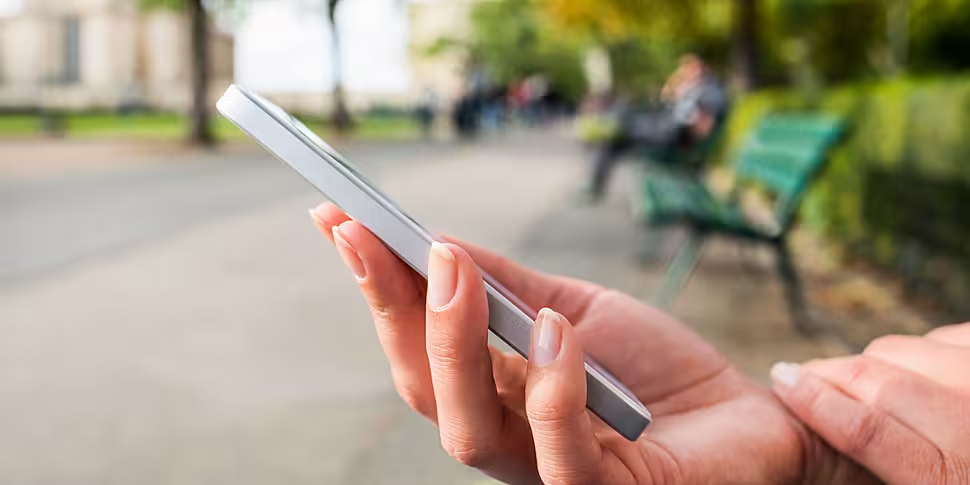The term ‘revenge porn’ is a misleading terms for sexual violence and should not be used, a campaigner has argued.
‘Revenge porn’ became a criminal offence in Ireland in 2020 after the Harassment, Harmful Communications and Related Offences Bill was signed into law by President Higgins.
It means that sharing intimate images of someone without their consent is punishable by a fine or up to seven years in prison.
However, although it has been a criminal offence for nearly two years, awareness about the issue is still low.
“It can be people just sharing [images] because they think it’s just a laugh, they just think it’s something that you just do,” Dr Caroline West from Active* Consent explained to Moncrieff.
“Their friends do it, so they do it. It’s not seen as a big deal.
“And that’s not really the case.”
Furthermore, Dr West believes the use of the phrase ‘revenge porn’ trivialises what is actually a very harmful act:
“This isn’t porn, these aren’t professionals working in their career, these are average everyday people on the street that didn’t consent to having their images broadcast out there,” she continued.
“So the phrase ‘revenge porn’ kind of makes it sound almost like it’s harmless, it’s entertainment - because porn is entertainment and we say things like ‘food porn’ and ‘travel porn’ and we just make it sound a little bit kind of cool.
“Whereas what we’re actually talking about when we talk about ‘revenge porn’ is sexual violence.
“So that’s why it’s actually important to actually name that so that that helps victims come forward and it helps perpetrators know, ‘That’s what I’m doing’ and ‘Do I really want to be that person?’”
The correct term is image based sexual abuse and Dr West says that it “is happening on quite a large scale.”
Adding, “All the rape crisis centres have been trained, Women’s Aid, Men’s Aid and we have a great new website Hotline.ie and that’s where you can submit reports if this has happened to you.”
Anyone who has been a victim of image based sexual abuse can also contact An Garda Síochána.
Main image: An individual on a phone.









